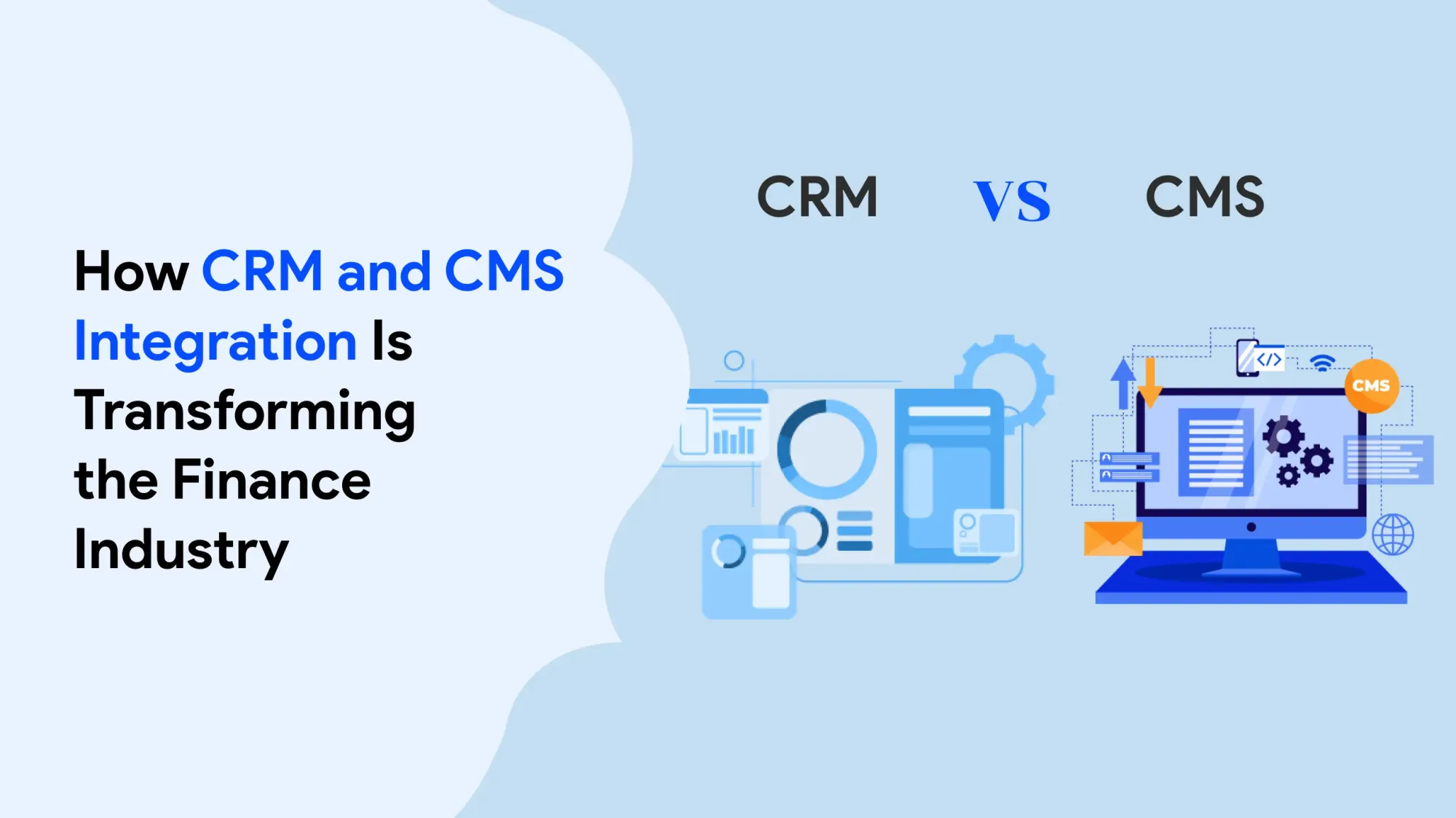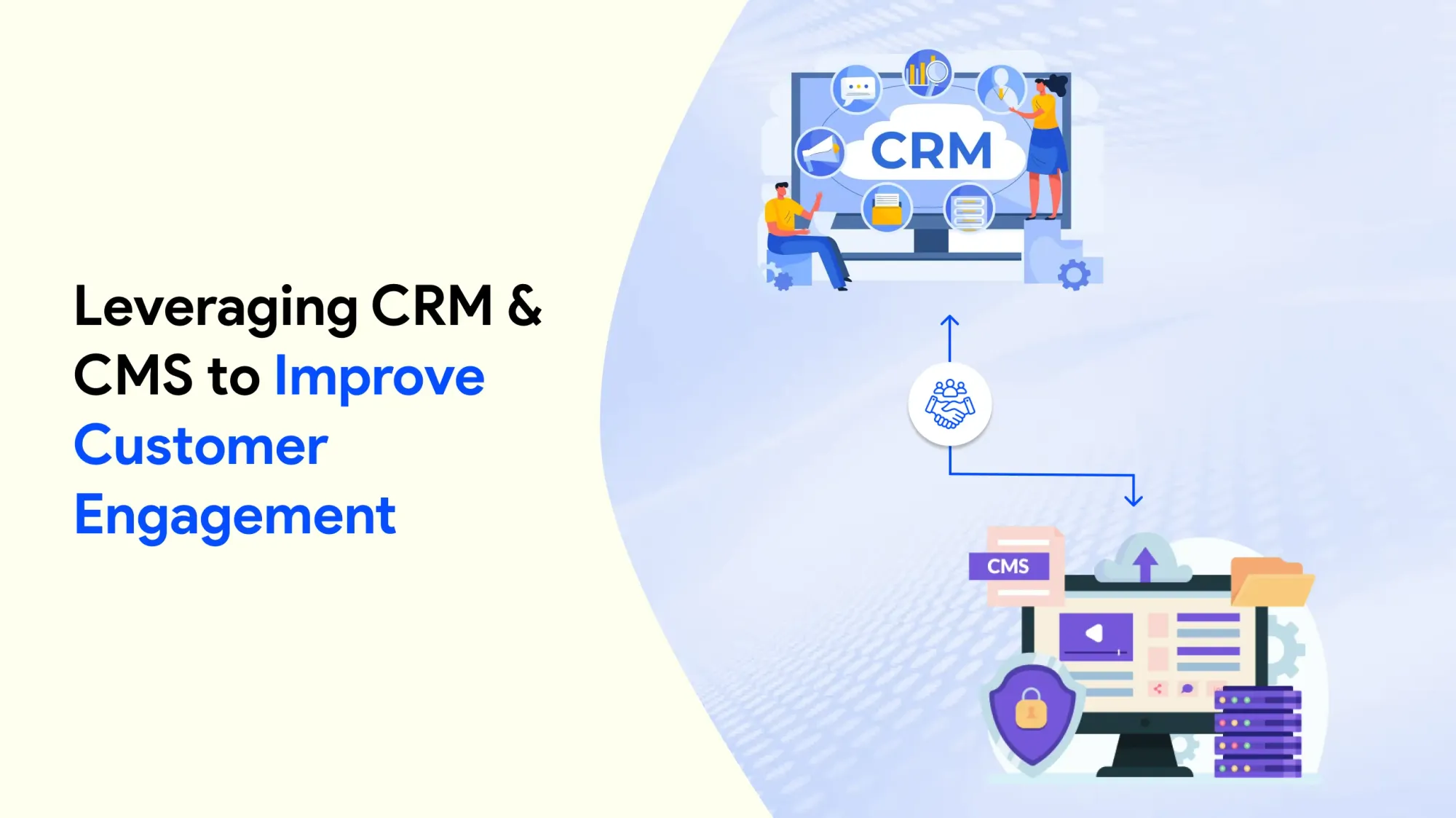Introduction to Customer Relationship Management
Customer Relationship Management (CRM) is vital for building strong client relationships in the financial services industry. These systems empower financial advisors to manage interactions effectively and streamline daily operations.
A well-implemented CRM enhances customer satisfaction, trust, and loyalty, key differentiators in a competitive market. It also drives business growth by optimising sales, marketing, and compliance efforts.
CRM platforms tailored for financial services often include lead management tools and features to support regulatory compliance. Their integration capabilities ensure consistent data across systems, improving both compliance and client service.
Benefits of CRM Systems
CRM systems provide a wide range of benefits for financial institutions, including stronger customer relationships, higher retention rates, and increased sales and revenue. They also enhance operational efficiency, boost employee productivity, and foster better team collaboration.
By leveraging CRM platforms, financial institutions can deliver personalised financial advice, streamline client engagement, and reduce manual tasks through workflow automation, minimising errors and saving time.
CRM tools also support marketing teams in running effective omnichannel campaigns, increasing brand visibility. For financial advisors, built-in financial planning features help manage client portfolios and deliver tailored investment strategies with greater precision.
Choosing the Best CRM Software
Choosing the right CRM software is critical for financial advisors and institutions.
Consider factors such as customisation, user adoption, ease of use, security, scalability, and openness.
Evaluate CRM solutions based on their ability to meet specific business needs and growth plans.
Popular CRM options for financial services include Salesforce Financial Services Cloud, Microsoft Dynamics 365, and Zoho CRM.
If you're in the market for a new CRM, it's important to know what constitutes a good customer relationship management program.
Integrating CRM with accounting software allows financial institutions to streamline data entry, automate workflows, and enhance customer information management for improved operational efficiency.
Contact Management and CRM
Contact management is a core feature of CRM systems, enabling financial advisors to efficiently handle client relationships and interactions. A centralised platform for client data, sales processes, and communications enhances relationship-building, boosts satisfaction, and supports business development.
CRM systems also offer tools for sales automation, lead tracking, and marketing automation, helping advisors streamline workflows, personalise engagement, and improve overall efficiency. A user-friendly interface further ensures that staff can manage tasks effectively.
Integrating marketing automation into CRM platforms automates routine operations, improves targeting, and strengthens client connections. This empowers financial institutions to deliver personalised advice and optimise operations.
Wealth management firms increasingly adopt CRM and CMS integration to enhance client engagement, streamline relationship management, and elevate financial planning services.
Customer Data Management

Customer data management is critical in the financial services industry, where sensitive client data must be protected.
CRM systems provide secure data storage, access controls, and encryption to ensure compliance with regulatory standards.
Effective customer data management enables financial institutions to deliver personalised financial advice and improve client engagement.
CRM systems also support data analytics, enabling financial advisors to gain insights into client behaviour and preferences.
CRM provides insights and analytics that inform effective cross-selling and up-selling opportunities.
Financial institutions use CRM systems to analyse customer interactions, enabling personalised service, improved client engagement, and more effective financial planning strategies.
Client Data and Business Growth
Client data is essential for business development in the financial services industry.
CRM systems enable trusted companies to manage client data, interactions, and relationships effectively.
By analysing client data, financial advisors can identify growth opportunities, improve customer satisfaction, and drive business expansion.
Effective client data management also supports compliance management, risk management, and financial planning.
Pricing for CRM solutions can differ significantly, so it's crucial to consider both your current financial resources and the software's scalability to accommodate your business growth..
Trust companies leverage advanced marketing tools within integrated CRM and CMS platforms to enhance client engagement, automate campaigns, and drive business development.
Content Management Systems
Content Management Systems (CMS) are essential for managing digital content, including websites, blogs, and social media.
CMS platforms enable trust companies to create, manage, and publish digital content efficiently.
Effective content management supports marketing efforts, improves customer engagement, and drives business development.
Popular CMS platforms include WordPress, Drupal, and Joomla. These platforms offer robust content management features and seamless integration with a contact management system, enabling trust companies to enhance user management, automate workflows, and improve client engagement.
CRM and CMS systems serve different purposes in managing customer data and relationships.
Financial advisors rely on advanced portfolio management tools within a contact management system to efficiently track investments, analyse financial data, and deliver personalised client strategies.
Content Management and Integration
Content management and integration are critical for trust companies, where seamless integration with the contact management system is essential.
Integrated CMS and CRM platforms enable trust companies to manage customer interactions, content, and relationships effectively.
Effective integration supports process automation, reduces manual tasks, and minimises errors.
Integrated platforms also enable trust companies to deliver personalised financial consulting and improve the experience of clients.
CRM platforms focus on managing interactions with customers, while CMS platforms focus on creating and managing digital content.
Managing sales pipelines effectively is crucial for financial advisors to track leads, prioritize opportunities, and close deals efficiently, driving business development.
The Importance of Customer Relationship Management in Finance
Customer Relationship Management (CRM) is vital in wealth management, where strong client relationships are key to long-term success. A contact management system helps financial advisors manage customer interactions, streamline sales processes, and improve relationship management.
Effective CRM supports process automation, increases customer satisfaction, and fuels business development. These systems also enable trusted companies to deliver personalised financial consulting, enhance the experience of clients, and build lasting customer trust.
In addition, financial software streamlines business operations, automates routine tasks, and improves overall client management.
Integrating CRM and CMS empowers business users with intuitive tools that automate workflows, enhance customer engagement, and facilitate data-driven decision-making, ultimately driving performance and operational efficiency.
Benefits of Integrating CRM and CMS
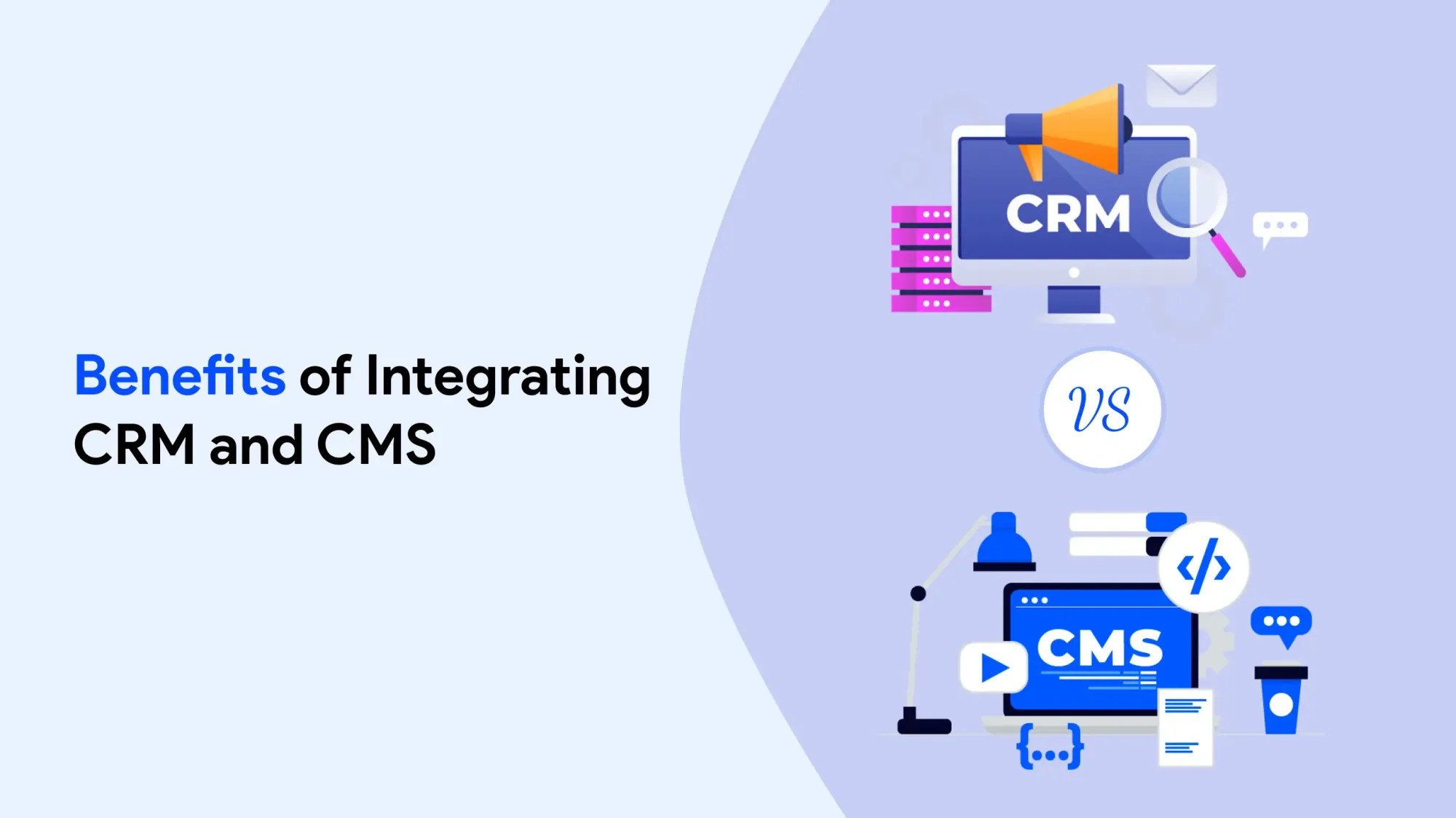
Integrating CRM and CMS platforms brings significant advantages to trust companies, including improved customer relationship management, a stronger client experience of clients, and measurable business development.
These integrated systems streamline operations by streamlined systems, reducing manual tasks and minimising errors. This efficiency empowers teams to focus on delivering high-value services and personalised financial consulting.
Key benefits include:
- Enhanced Personalisation: Financial firms can provide tailored client experiences and improve long-term relationships.
- Compliance & Risk Management: Integration supports secure data storage, regulatory compliance, and effective risk management.
- Automated Sales & Marketing: CRM-CMS integration automates lead generation, campaign execution, and customer nurturing strategies.
- Improved Productivity: CRM adoption reduces administrative burdens, boosts employee efficiency, and accelerates sales cycles.
- Data-Driven Growth: Integrated systems offer actionable insights that support smarter financial planning and targeted marketing efforts.
Overall, a contact management system, when effectively integrated with CMS platforms, enables financial firms to enhance service delivery, remain compliant, and drive sustainable revenue growth.
Implementing CRM and CMS Integration
Successfully integrating CRM and CMS platforms in the financial sector requires strategic planning and thoughtful execution.
Below are key steps and considerations to guide a smooth implementation process:
1. Define Business Objectives
Identify your institution's goals and operational needs.
Choose CRM and CMS solutions that align with your long-term strategy.
2. Develop an Integration Strategy
Plan a phased integration that ensures compatibility with existing systems.
Ensure data synchronisation across platforms to maintain consistency and accuracy.
3. Prioritise Usability and Training
Select tools with user-friendly interfaces to encourage adoption across teams.
Provide comprehensive training and ongoing support to maximise platform efficiency.
4. Focus on Key CRM Features
Integration Capabilities: Ensure smooth interoperability with your CMS and other tools.
Security Measures: Protect sensitive financial and customer information with robust encryption and access controls.
Customizability: Adapt workflows and data structures to match unique business processes.
5. Leverage Data for Insight
Use integrated platforms to analyse sales and customer data in real time.
Make informed, data-driven decisions and deploy targeted marketing strategies to enhance customer engagement and retention.
Best Practices for CRM and CMS Integration
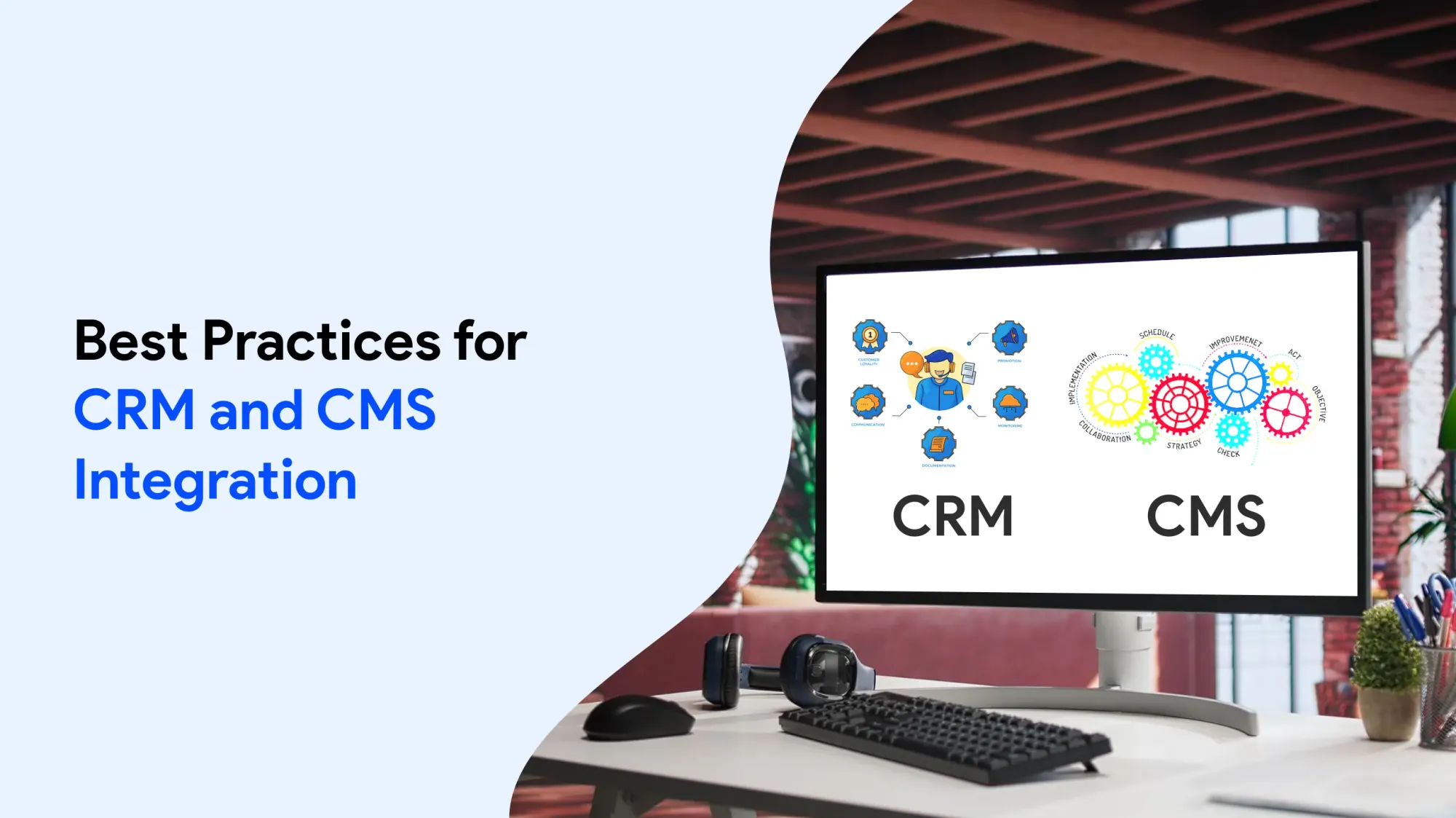
Integrating CRM and CMS platforms can significantly enhance operational efficiency, customer service, and data management within the financial industry.
To ensure success, consider the following best practices:
1. Strategic Planning and Evaluation
Begin with a clear understanding of business goals and integration requirements.
Carefully evaluate CRM and CMS platforms based on functionality, scalability, and compatibility.
2. Seamless Integration
Prioritise platforms that support smooth integration with existing systems.
Ensure data flows consistently between CRM and CMS to support a unified customer view.
3. Data and Workflow Optimisation
Implement effective data management strategies to maintain data integrity.
Use automation to streamline workflows, reduce manual tasks, and increase operational efficiency.
4. Compliance and Security
Choose solutions that support robust compliance management and secure data handling.
Ensure client data is stored, retrieved, and shared securely by financial regulations.
5. Training and User Adoption
Provide thorough training and ongoing support to ensure teams use the integrated platforms effectively.
Encourage cross-functional collaboration between marketing, sales, and advisory teams.
6. Continuous Monitoring and Improvement
Regularly evaluate the integration’s performance.
Use analytics to identify gaps and opportunities, making improvements as needed.
7. Empowering Financial Advisors
Advanced financial planning software integrated with CRM and CMS empowers advisors to deliver personalised advice.
Efficient document management capabilities enhance client portfolio handling and improve service delivery.
Common Challenges of CRM and CMS Integration
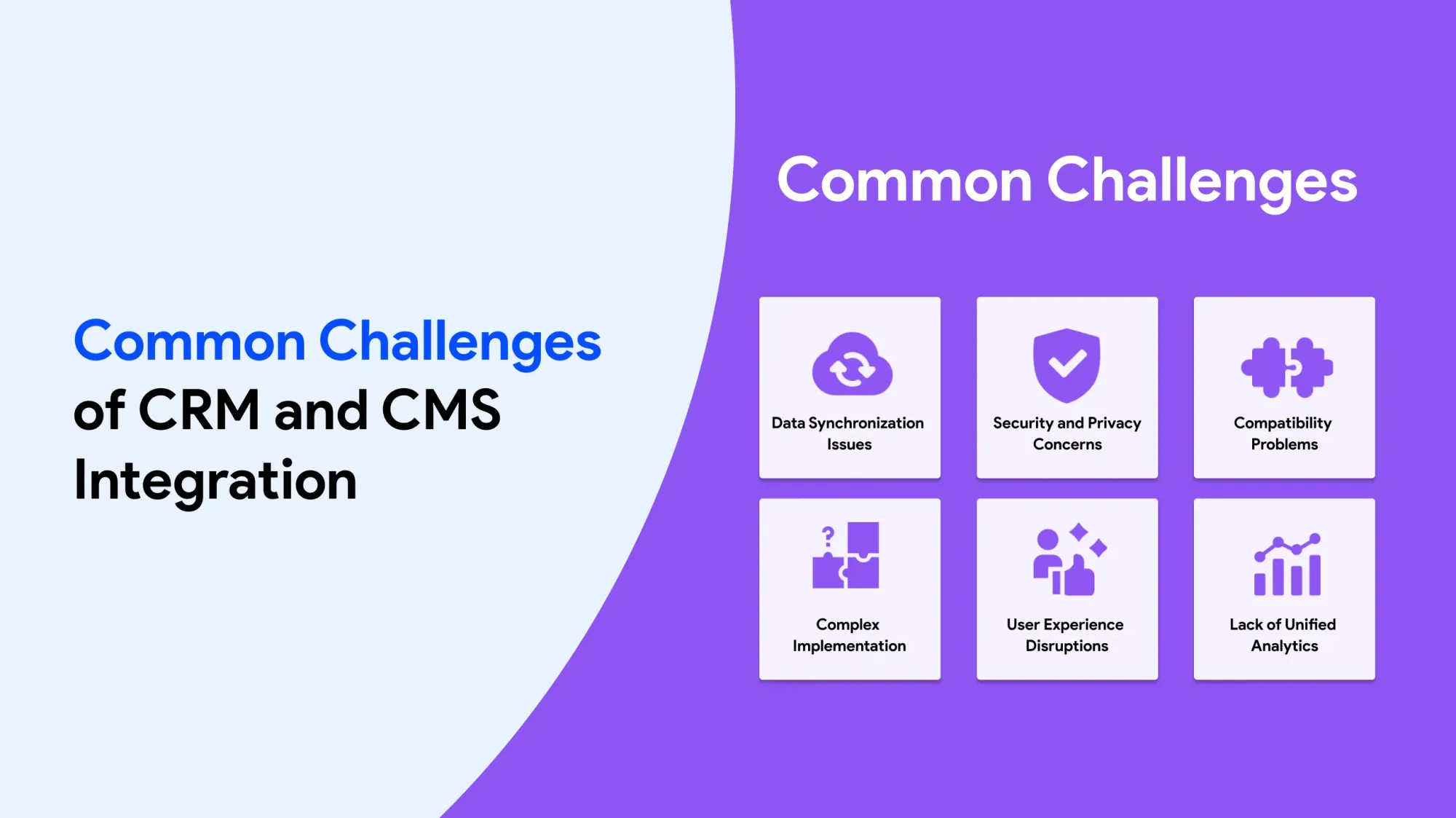
Integrating CRM and CMS platforms can yield substantial benefits, but several challenges must be addressed to ensure a smooth and effective implementation:
1. Data Management
Managing customer data across platforms can be complex.
Ensure data consistency, accuracy, and integrity to maintain a reliable customer database.
2. Workflow Automation
Aligning streamlined systems across CRM and CMS systems may require customisation.
Poorly configured automation can lead to inefficiencies and duplicated efforts.
3. Compliance Management
Regulatory compliance (such as GDPR or financial regulations) must be maintained during integration.
Ensure secure handling of customer data to meet industry standards.
4. System Compatibility
Integrating with existing tools and legacy systems can be technically challenging.
Choose platforms with strong API support and proven compatibility.
5. User Training and Adoption
Staff must be trained on how to use integrated platforms effectively.
Without proper onboarding, adoption may be slow, reducing the ROI of the integration.
6. Security Risks
Integration may expose systems to security vulnerabilities if not configured correctly.
Address access controls, encryption, and secure data transfer protocols to mitigate risk.
7. Ongoing Evaluation
Continuously monitor performance and integration effectiveness.
Adapt and refine strategies as business needs evolve.
Key Benefits Despite Challenges
A unified CRM and CMS setup provides a centralised database of customer data.
This integration enhances customer experience, enabling personalised communication and improved service delivery.
CRM vs. CMS: Understanding the Difference
CRM focuses on acquiring, engaging, and retaining customers by managing sales, marketing, and service interactions.
CMS (Client Management System or Content Management System) supports operational workflows, content handling, and client service delivery.
Future of CRM and CMS Integration
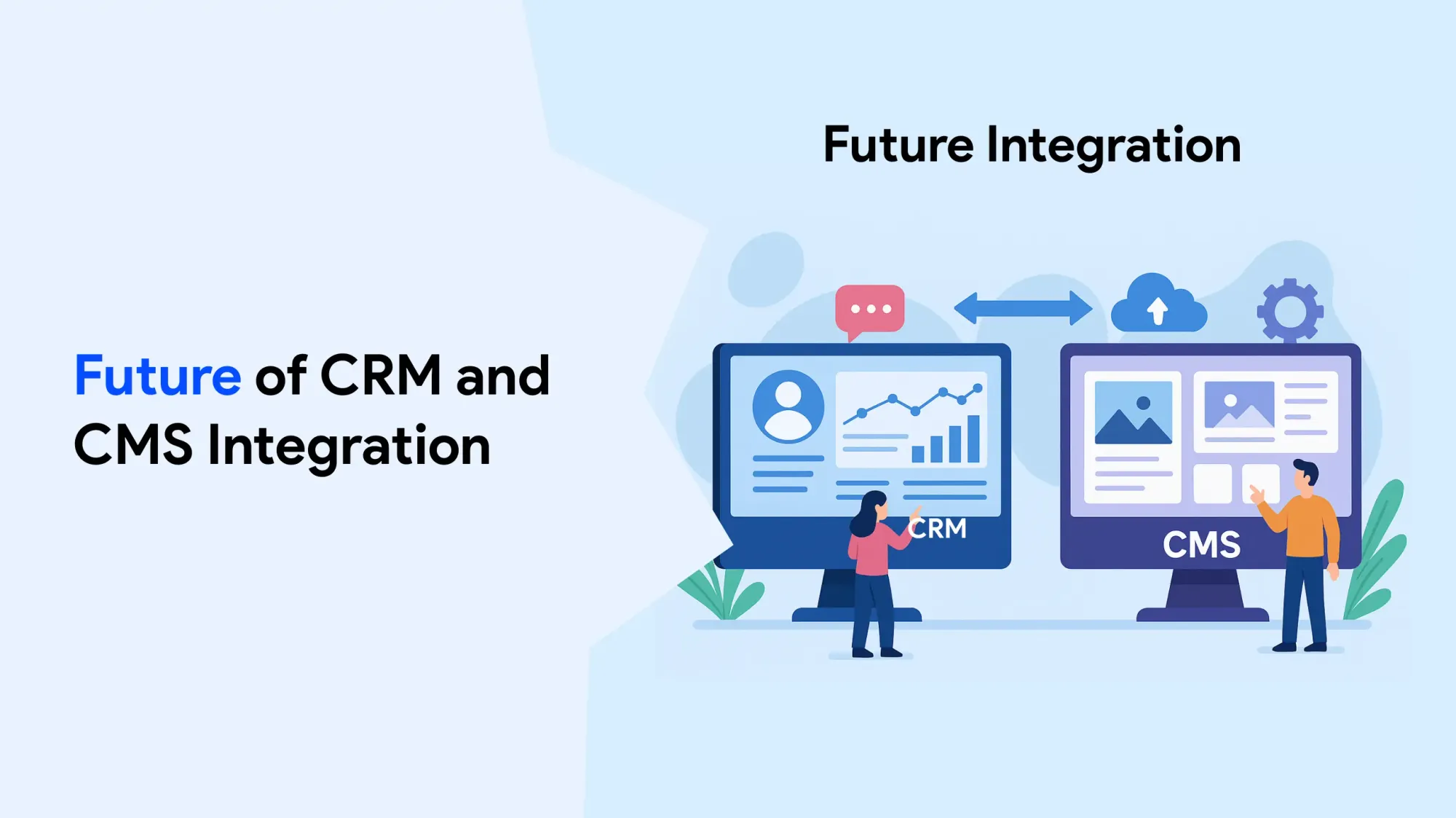
1. Artificial Intelligence (AI) and Machine Learning (ML)
AI and ML will enable predictive analytics, intelligent customer segmentation, and personalised content delivery.
These technologies will automate data insights, helping businesses understand customer behaviour in real-time.
2. Cloud Computing
Cloud-based CRM and CMS platforms ensure scalability, flexibility, and easier integration across departments and devices.
Cloud infrastructure supports faster deployment and real-time collaboration.
3. Enhanced E-commerce Integration
Future integrations will more deeply connect CRM and CMS with e-commerce platforms.
This allows for real-time customer tracking, personalised shopping experiences, and automated marketing workflows.
Strategic Implementation Guidelines
- Adopt Emerging Technologies: Stay ahead by embracing AI, ML, and cloud platforms.
- Develop Integration Strategies: Align integration with business goals and customer needs.
- Monitor & Optimise: Continuously evaluate integration performance and fine-tune processes as needed.
Operational Benefits for Financial Institutions
- Automated Task Management: Routine tasks such as data entry, reporting, and client follow-ups are streamlined.
- Improved Collaboration: Integrated systems promote better coordination between sales, marketing, and support teams.
- Optimised Workflows: Processes become more efficient, reducing manual errors and improving overall productivity.
Conclusion
CRM and CMS integration is reshaping the finance industry by enabling seamless management of customer interactions, content, and relationships. When implemented strategically, it enhances operational efficiency, improves customer engagement, and supports business development.
To maximise its potential:
- Conduct thorough planning and evaluation.
- Ensure smooth integration with existing systems.
- Continuously monitor performance and make data-driven adjustments.
Understanding the full customer lifecycle empowers financial advisors to tailor CRM strategies, delivering personalised experiences and boosting client retention at every stage.

